What Your Eye Doctor Wants You to Know About Eye Health
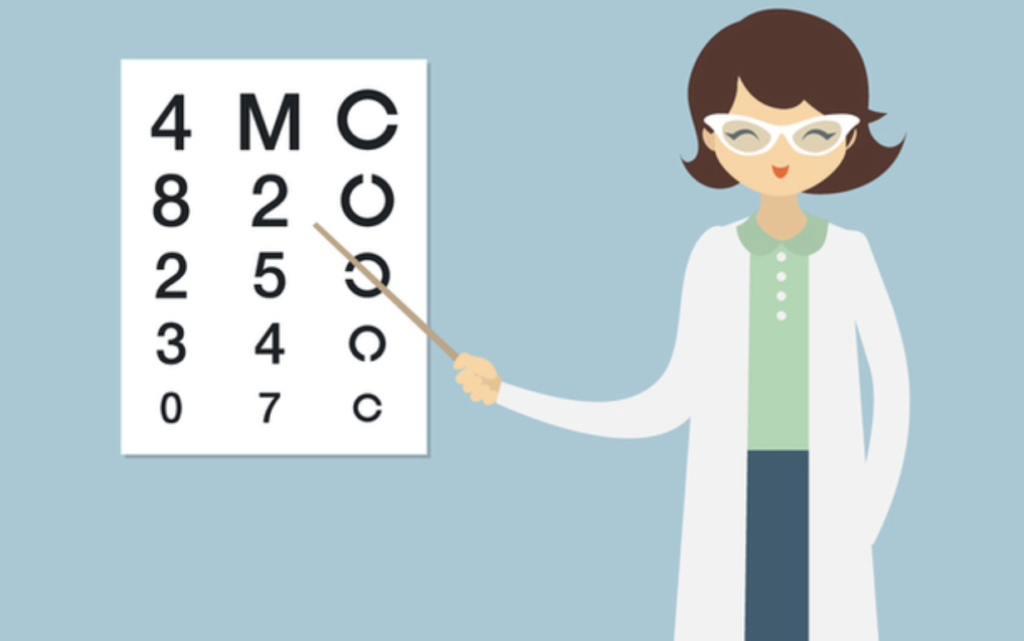
It’s easy to take your vision for granted until a terrible disease like glaucoma sets in. Given this, it is critical that we ensure we pay attention to not just our vision, but our eye health overall to protect yourself and loved one from trouble down the road.
Before we head into World Glaucoma Awareness Week this March, we thought it would be helpful to share some of the top tips eye doctors across the country would like older adults to know about their vision and eye health.
Here are a few:
LIMIT SCREEN TIME
It’s easy to get caught up while browsing through Facebook on the computer, right? And especially because we each own so many devices, it’s harder than ever to step away from devices like your phone, tablet, laptop, iWatch – you name it! Older Americans have much more potential to suffer from an overexposure to blue light – high-energy light that emits from devices such as these, which can lead to strain, sleep problems blurred vision, neck and shoulder pain and so much more.
Our tip? Take a break every 20 minutes and look at something 20 feet away.
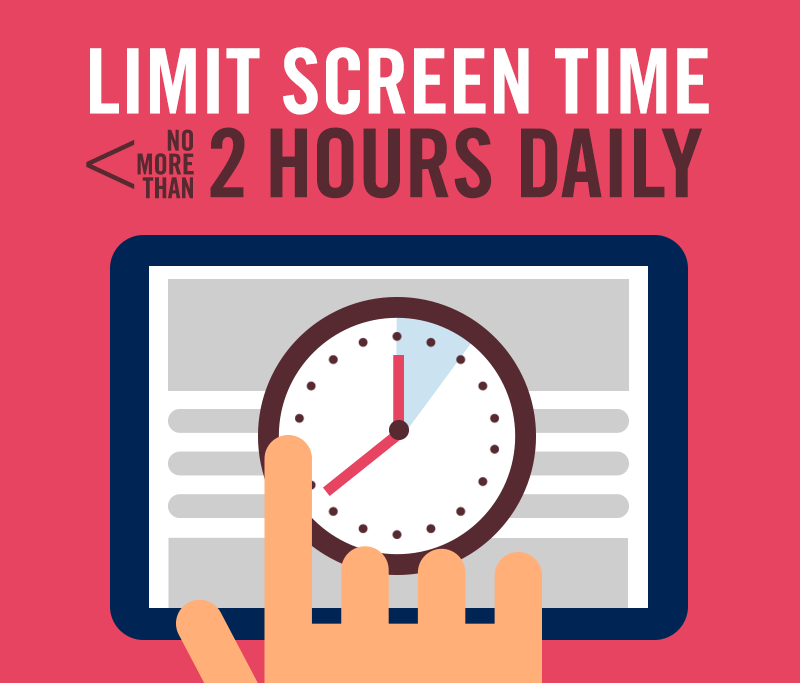
SCHEDULE AN EYE APPOINTMENT REGULARY
Eye doctors recommend that you schedule an appointment more than just once a year nowadays. Why? Especially in the case of older Americans, the sooner you can diagnose an eye disease or infection, the easier it will be to find a solution to why you’re suffering from worsening vision, headaches and many other related symptoms.
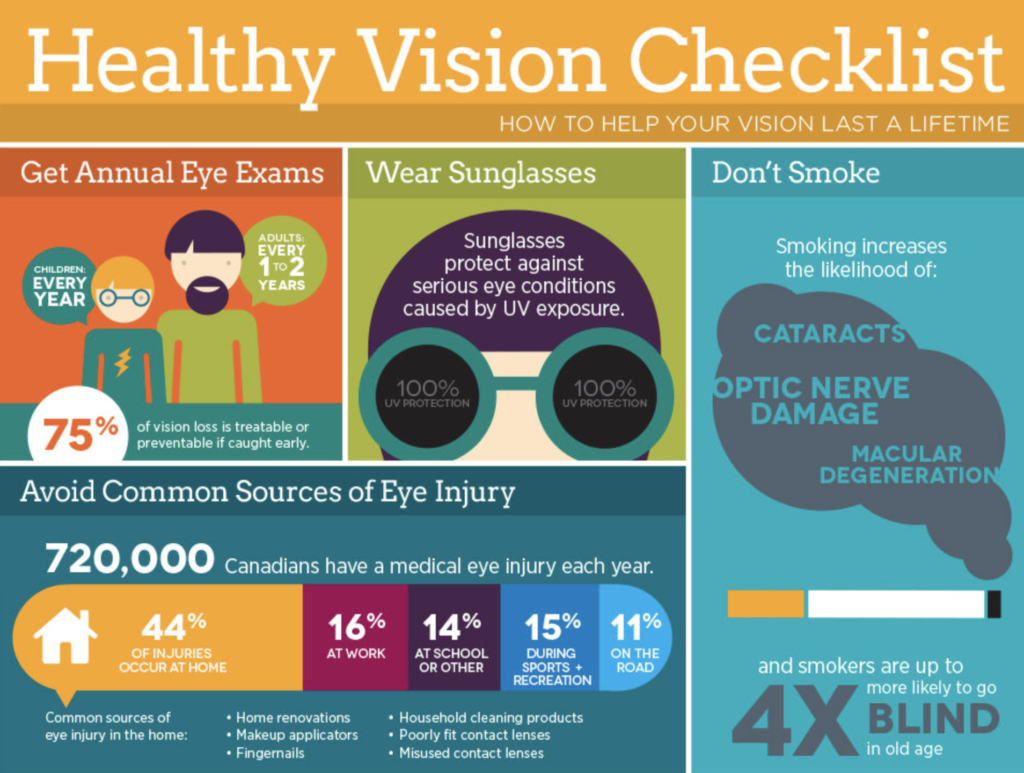
TAKE REGULAR CARE
Eye health is all about management, not just “checking in” from time to time with your eye doctor. Follow basic healthy habits like maintaining a healthy diet, monitor your blood pressure levels, and always wear sunglasses when outside. And yes, even in the winter. UV exposure will damage your eyesight faster than you think!
The most common eye conditions in seniors are: cataracts, diabetic retinopathy, glaucoma, macular degeneration, ocular hypertension and dry eye. And guess what? This number will only grow as our population of seniors increases year after year.

Visit the American Optometric Association for more information on age-related eye conditions!
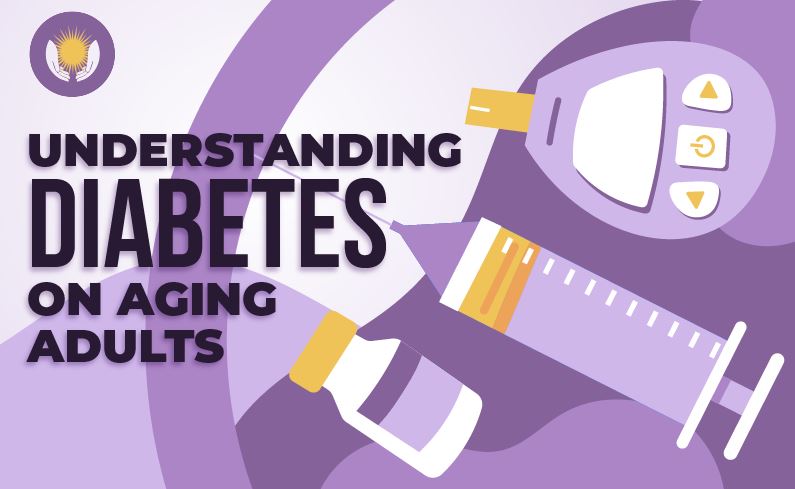

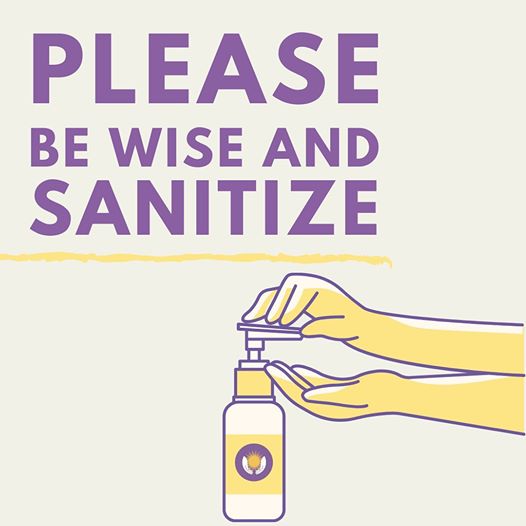
Comments